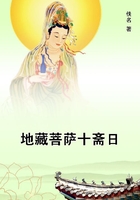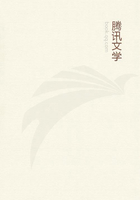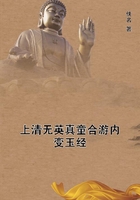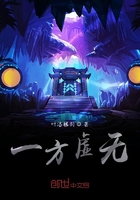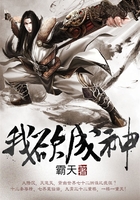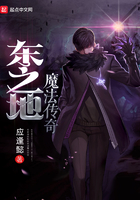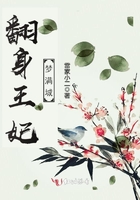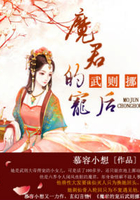The two forms assumed by capital-value at the various stages of its circulation are those of money-capital and commodity-capital .
The form pertaining to the stage of production is that of productive capital . The capital which assumes this forms in the course of its total circuit and then discards them and in each of them performs the function corresponding to the particular form, is industrial capital , industrial here in the sense it comprises every branch of industry run on a capitalist basis.
Money-capital, commodity-capital and productive capital, do not therefore designate independent kinds of capital whose functions form the content of likewise independent branches of industry separated from one another. They denote here only special functional forms of industrial capital, which assumes all three of them one after the other.
Capital describes its circuit normally only so long as its various phases pass uninterruptedly into one another. If capital stops short in the first phase M---C, money-capital assumes the rigid form of a hoard;if it stops in the phase of production, the means of production lie without functioning on the one side, while labour-power remains unemployed on the other; and if capital stops short in the last phase C'---M', piles of unsold commodities accumulate and clog the flow of circulation.
However, it is in the nature of things that the circuit itself necessitates the fixation of capital for certain lengths of time in its various phases. In each of its phases industrial capital is tied up with a definite form: money-capital, productive capital, commodity-capital.
It does not acquire the form in which it may enter a new transformation phase until it has performed the function corresponding to each particular form. To make this plain, we have assumed in our illustration that the capital-value of the quantity of commodities created at the stage of production is equal to the total sum of the value originally advanced in the form of money; or, in other words, that the entire capital-value advanced in the form of money passes on in bulk from stage to the next. But we have seen (Buch I, Kap. VI) [English edition: Ch. VIII. -- Ed. ] that a part of constant capital, the labour instruments proper (e.g., machinery), continually serve anew, with more or less numerous repetitions of the same process of production, hence transfer their values piecemeal to the products.
It will be seen later to what extent this circumstance modifies the circular movement of capital. For the present the following suffices: In our illustration the value of productive capital amounting to £422 contained only the average wear and tear of factory buildings, machinery, etc., that is to say only that part of value which they transferred to the yarn in the transformation of 10,600 lbs. of cotton into 10,000 lbs. of yarn, which represented the product of one week's spinning of 60 hours. In the means of production, into which the advanced constant capital of £372 was transformed, the instruments of labour, buildings, machinery, etc., figured as if they had only been rented in the market at a weekly rate. But this does not change the gist of the matter in any way. We have but to multiply the quantity of yarn produced in one week, i.e., 10,000 lbs. of yarn, by the number of weeks contained in a certain number of years, in order to transfer to the yarn the entire value of the instruments of labour bought and consumed during this period. It is then plain that the advanced money-capital must first be transformed into these instruments, hence must have gone through the first phase M---C before it can function as productive capital P. And it is likewise plain in our illustration that the capital value of £422, embodied in the yarn during the process of production, cannot be part of the value of the 10,000 lbs. of yarn and enter the circulation phase C'---M' until it is ready. It cannot be sold until it has been spun.
In the general formula the product P is regarded as a material thing different from the elements of the productive capital, as an object existing apart from the process of production and having a use-form different from that of the elements of production. This is always the case when the result of the productive process assumes the form of a thing, even when a part of the product re-enters the resumed production as one of its elements.
Grain for instance serves as seed for its own production, but the product consists only of grain and hence has a shape different from those of related elements such as labour-power, implements, fertiliser. But there are certain independent branches of industry in which the product of the productive process is not a new material product, is not a commodity. Among these only the communications industry, whether engaged in transportation proper, of goods and passengers, or in the mere transmission of communications, letters, telegrams, etc., is economically important.
A. Chuprov [6] says on this score: "The manufacturer may first produce articles and then look for consumers" [his product, thrust out of the process of production when finished, passes into circulation as a commodity separated from it]. "Production and consumption thus appear as two acts separated in space and time. In the transportation industry, which does not create any new products but merely transfer men and things, these two acts coincide; its services" [change of place] "are consumed the moment they are produced. For this reason the area within which railways can sell their services extends at best 50 versts (53 kilometres) on either side of their tracks."The result, whether men or goods are transported, is a change in their whereabouts. Yarn, for instance, may now be in India instead of in England, where it was produced.
However, what the transportation industry sells is change of location.

